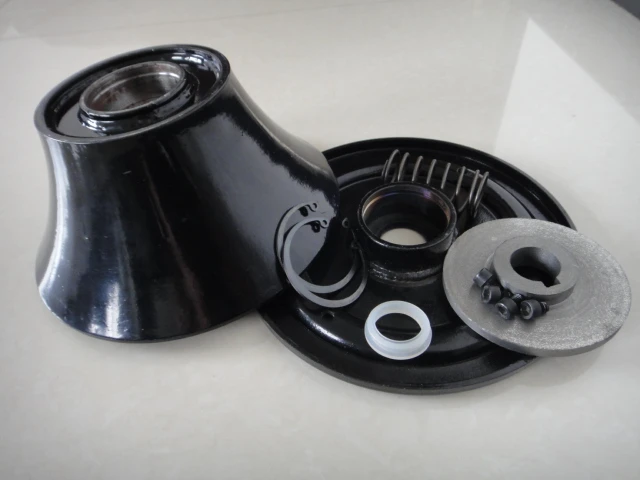 Afrikaans
Afrikaans  Albanian
Albanian  Amharic
Amharic  Arabic
Arabic  Armenian
Armenian  Azerbaijani
Azerbaijani  Basque
Basque  Belarusian
Belarusian  Bengali
Bengali  Bosnian
Bosnian  Bulgarian
Bulgarian  Catalan
Catalan  Cebuano
Cebuano  Corsican
Corsican  Croatian
Croatian  Czech
Czech  Danish
Danish  Dutch
Dutch  English
English  Esperanto
Esperanto  Estonian
Estonian  Finnish
Finnish  French
French  Frisian
Frisian  Galician
Galician  Georgian
Georgian  German
German  Greek
Greek  Gujarati
Gujarati  Haitian Creole
Haitian Creole  hausa
hausa  hawaiian
hawaiian  Hebrew
Hebrew  Hindi
Hindi  Miao
Miao  Hungarian
Hungarian  Icelandic
Icelandic  igbo
igbo  Indonesian
Indonesian  irish
irish  Italian
Italian  Japanese
Japanese  Javanese
Javanese  Kannada
Kannada  kazakh
kazakh  Khmer
Khmer  Rwandese
Rwandese  Korean
Korean  Kurdish
Kurdish  Kyrgyz
Kyrgyz  Lao
Lao  Latin
Latin  Latvian
Latvian  Lithuanian
Lithuanian  Luxembourgish
Luxembourgish  Macedonian
Macedonian  Malgashi
Malgashi  Malay
Malay  Malayalam
Malayalam  Maltese
Maltese  Maori
Maori  Marathi
Marathi  Mongolian
Mongolian  Myanmar
Myanmar  Nepali
Nepali  Norwegian
Norwegian  Norwegian
Norwegian  Occitan
Occitan  Pashto
Pashto  Persian
Persian  Polish
Polish  Portuguese
Portuguese  Punjabi
Punjabi  Romanian
Romanian  Russian
Russian  Samoan
Samoan  Scottish Gaelic
Scottish Gaelic  Serbian
Serbian  Sesotho
Sesotho  Shona
Shona  Sindhi
Sindhi  Sinhala
Sinhala  Slovak
Slovak  Slovenian
Slovenian  Somali
Somali  Spanish
Spanish  Sundanese
Sundanese  Swahili
Swahili  Swedish
Swedish  Tagalog
Tagalog  Tajik
Tajik  Tamil
Tamil  Tatar
Tatar  Telugu
Telugu  Thai
Thai  Turkish
Turkish  Turkmen
Turkmen  Ukrainian
Ukrainian  Urdu
Urdu  Uighur
Uighur  Uzbek
Uzbek  Vietnamese
Vietnamese  Welsh
Welsh  Bantu
Bantu  Yiddish
Yiddish  Yoruba
Yoruba  Zulu
Zulu Steel Idler Rollers for Enhanced Conveyor System Performance and Durability
The Importance of Steel Idler Rollers in Industrial Applications
In the realm of industrial machinery, efficiency and durability are paramount. One crucial component that plays a significant role in these aspects is the steel idler roller. Commonly used in various conveyor systems and material handling equipment, steel idler rollers are essential for ensuring smooth operation and the longevity of equipment. Understanding their function, benefits, and application can provide insights into their importance in modern industries.
What are Steel Idler Rollers?
Steel idler rollers are cylindrical components that provide support and guidance in conveyor systems. Unlike drive rollers, which actively move materials along a production line, idler rollers serve to stabilize and support the weight of the conveyed materials. They help in maintaining the alignment of the conveyor belt and minimize friction, which enhances efficiency and prolongs the lifespan of the equipment.
Benefits of Steel Idler Rollers
1. Durability and Strength Steel idler rollers are designed to withstand heavy loads and harsh operating conditions. The robustness of steel makes these rollers less susceptible to wear and tear, even in demanding industrial environments. This durability ensures that the rollers can operate effectively under pressure and minimizes the need for frequent replacements.
2. Reduced Friction One of the main purposes of idler rollers is to reduce friction between the conveyor belt and the structural components. By providing a smooth surface for the belt to glide over, idler rollers significantly decrease wear on both the belt and the rollers themselves, resulting in lower maintenance costs and enhanced operational efficiency.
3. Customizability Steel idler rollers can be customized to meet specific application requirements. From varying diameters and widths to specific bearing arrangements, manufacturers can tailor idler rollers to suit diverse industrial needs. This versatility allows them to be used in a variety of industries, including mining, agriculture, and manufacturing.
4. Consistency and Reliability In industrial operations, consistency is key to maintaining productivity. Steel idler rollers provide reliable performance, helping to ensure that materials are conveyed without interruptions. This reliability reduces downtime and increases the overall efficiency of the production process.
steel idler rollers

5. Cost-Effectiveness While the initial investment in high-quality steel idler rollers may be higher than that of other materials, their long lifespan and reduced maintenance needs make them a cost-effective choice in the long run. Industries can save significantly on replacement parts and labor costs, providing a favorable return on investment.
Applications of Steel Idler Rollers
Steel idler rollers are widely used in various applications, highlighting their versatility
- Mining In the extraction and processing of minerals, steel idler rollers are vital for transporting heavy materials through conveyor belts in quarries and mines.
- Manufacturing In factories, these rollers assist in moving products along assembly lines, ensuring efficiency and helping to maintain streamlined operations.
- Agriculture Steel idler rollers are also employed in agricultural settings, where they support conveyor systems used in harvesting, packaging, and transporting crops.
- Logistics and Distribution In warehouses and distribution centers, steel idler rollers play a significant role in conveyor systems that handle inventory management, packaging, and shipping operations.
Conclusion
Steel idler rollers are an indispensable component in the machinery used across various industries. Their durability, ability to reduce friction, and customizable options make them essential for maintaining efficiency and reliability in industrial operations. As industries continue to evolve and demand higher performance from their machinery, steel idler rollers will remain a critical component in achieving operational excellence. Investing in high-quality idler rollers, therefore, is not just a maintenance decision; it is a strategic move towards enhanced performance and sustainability in industrial practices.





























